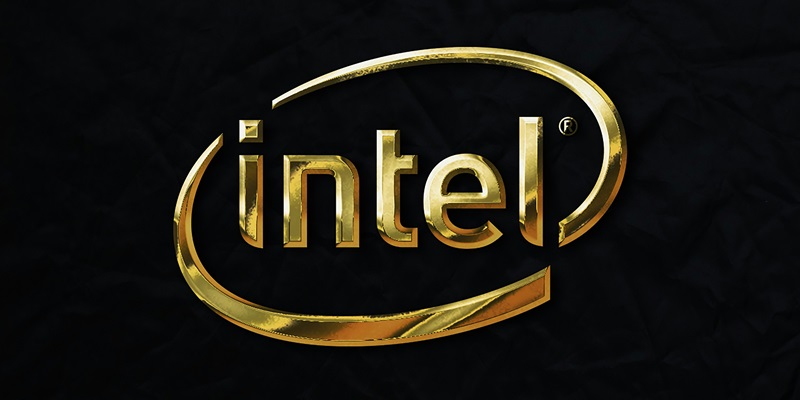Intel’s Raptor Lake CPUs have been at the center of controversy for nearly a year now due to gaming instability issues that have plagued numerous users. Recently, Intel identified a defective voltage algorithm as the primary culprit behind these persistent problems, which has sparked major concerns about CPU reliability among Raptor Lake owners. Puget Systems, a prominent boutique system builder specializing in workstations, has added fuel to the fire by releasing failure rates for Intel CPUs dating back to the 10th Generation. The data also includes failure rates for AMD’s Ryzen 5000 and 7000 series, providing a comparative analysis that differentiates between failures occurring in their workshop and those in customer environments.
Puget Systems’ findings reveal that Raptor Lake CPUs exhibit a lower failure rate compared to AMD’s Ryzen 5000 and 7000 series, as well as a significantly lower rate than Intel’s 11th Generation CPUs. These insights are largely attributed to Puget Systems adopting a unique approach in configuring their systems. This involves creating custom power profiles based on recommendations from Intel and AMD while also disabling Multi-Core Enhancement (MCE) on Intel systems to avoid stressing all CPU cores simultaneously. Despite these precautions, lingering concerns about future CPU failures due to ongoing degradation persist, heightening the unease among current Raptor Lake owners and prospective buyers alike.
Custom Power Profiles and Initial Reliability
Puget Systems’ approach of employing custom power profiles based on Intel and AMD recommendations appears to have had a meaningful impact on the initial reliability of Raptor Lake CPUs. By disabling Intel’s Multi-Core Enhancement (MCE), they aim to mitigate the risks associated with overclocking multiple cores concurrently. This preventative measure stands in contrast to more aggressive settings that prioritize performance over long-term stability. According to their data, this strategy has contributed to Raptor Lake CPUs showing a lower initial failure rate when compared to some of AMD’s contemporary Ryzen models and significantly outperforming Intel’s 11th Generation CPUs in this regard.
However, despite the seemingly favorable initial reliability data, Puget Systems has cautioned that these measures may only provide a temporary reprieve. They point out that all reported failures of Raptor Lake CPUs occurred after at least six months of regular use, suggesting a pattern of gradual degradation that could prove problematic in the long run. The “ticking time bomb” analogy used by Puget underscores the risks of long-term instability and degradation, prompting caution among both users and system builders. This pattern of gradual failure raises questions about the long-term resilience of Raptor Lake CPUs, even for users benefiting from the initial reliability afforded by custom power profiles.
The Looming Threat of Gradual Degradation
Intel’s Raptor Lake CPUs have been embroiled in controversy for nearly a year due to gaming instability issues affecting many users. Recently, Intel pinpointed a faulty voltage algorithm as the main reason behind these persistent problems, raising major concerns about the reliability of Raptor Lake CPUs among their owners. Puget Systems, a notable boutique system builder specializing in workstations, further intensified the situation by publishing failure rates for Intel CPUs going back to the 10th Generation. Their data also includes failure rates for AMD’s Ryzen 5000 and 7000 series, offering a comparative analysis of failures in both their workshop and customer environments.
Puget Systems’ analysis shows that Raptor Lake CPUs have a lower failure rate than AMD’s Ryzen 5000 and 7000 series, and significantly less than Intel’s 11th Generation CPUs. This is largely credited to Puget Systems’ unique system configuration approach. They create custom power profiles based on Intel and AMD’s recommendations and disable Multi-Core Enhancement (MCE) on Intel systems to prevent stressing all CPU cores simultaneously. However, concerns about future CPU failures due to ongoing degradation linger, causing unease among current Raptor Lake owners and potential buyers.

